Description
Latin Name : Uncaria Tomentosa
Origin Country: Peru
Cat’s claw is often referred to as “miracle herb from the rain forest of Peru”. Properties attributed to cat’s claw include anti-microbial, antioxidant, anti-viral and anti-inflammatory.
– The anti-inflammatory effects of cat’s claw are beneficial in the treatment of arthritis, rheumatism, bursitis and gout.
– Its antioxidant properties help in the protection of cells from damage caused by free radicals. Some of the glycosides present in the herb may also add protection from pain.
– Unique alkaloids in cat’s claw seem to enhance the immune system in a general way. These alkaloids have a pronounced effect on the ability of white blood cells to engulf and digest harmful micro-organisms and foreign matter.
To make an infusion, place 1-2 teaspoons of dried herb in a tea infuser or teapot or mug for each cup of tea you intend to brew. Cover with boiling water. Place on the lid (or cover your cup with a saucer).
Allow the mixture to steep for 10' to 15' minutes or overnight.
Then strain the tea and serve. Drink 1-3 cups of tea a day.
Add if you want honey, milk or lemon wedge for flavour.
Decoction: In a pot, bring 3 cups of cold water, 3-4 teaspoons of cat's claw bark into a simmer.
Gently decoct (simmer) for 30 minutes.
Strain out herbs and return liquid to pot. . Drink 1-3 cups of tea a day.
Add if you want one spoonful of honey at a time and dissolve over very low heat until you reach desired sweetness.
Cat's claw is POSSIBLY SAFE for most people, when taken by mouth short-term.
The high levels of tannins in cat’s claw may cause some side effects — including nausea, stomach upset, and diarrhea — if consumed in large amount.
In any case you should consult with your healthcare doctor before using any herb especially if you’re taking other medications or having health problems.



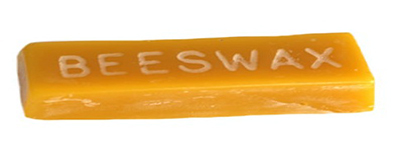

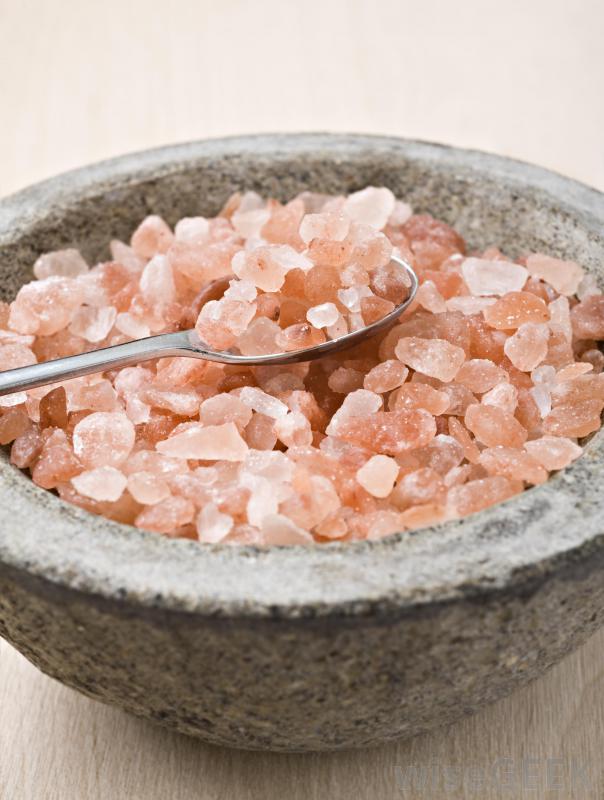
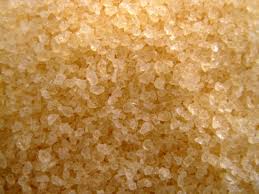

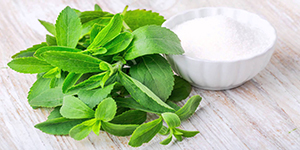

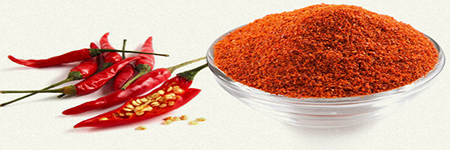
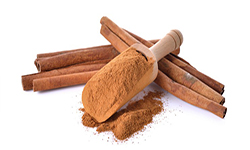








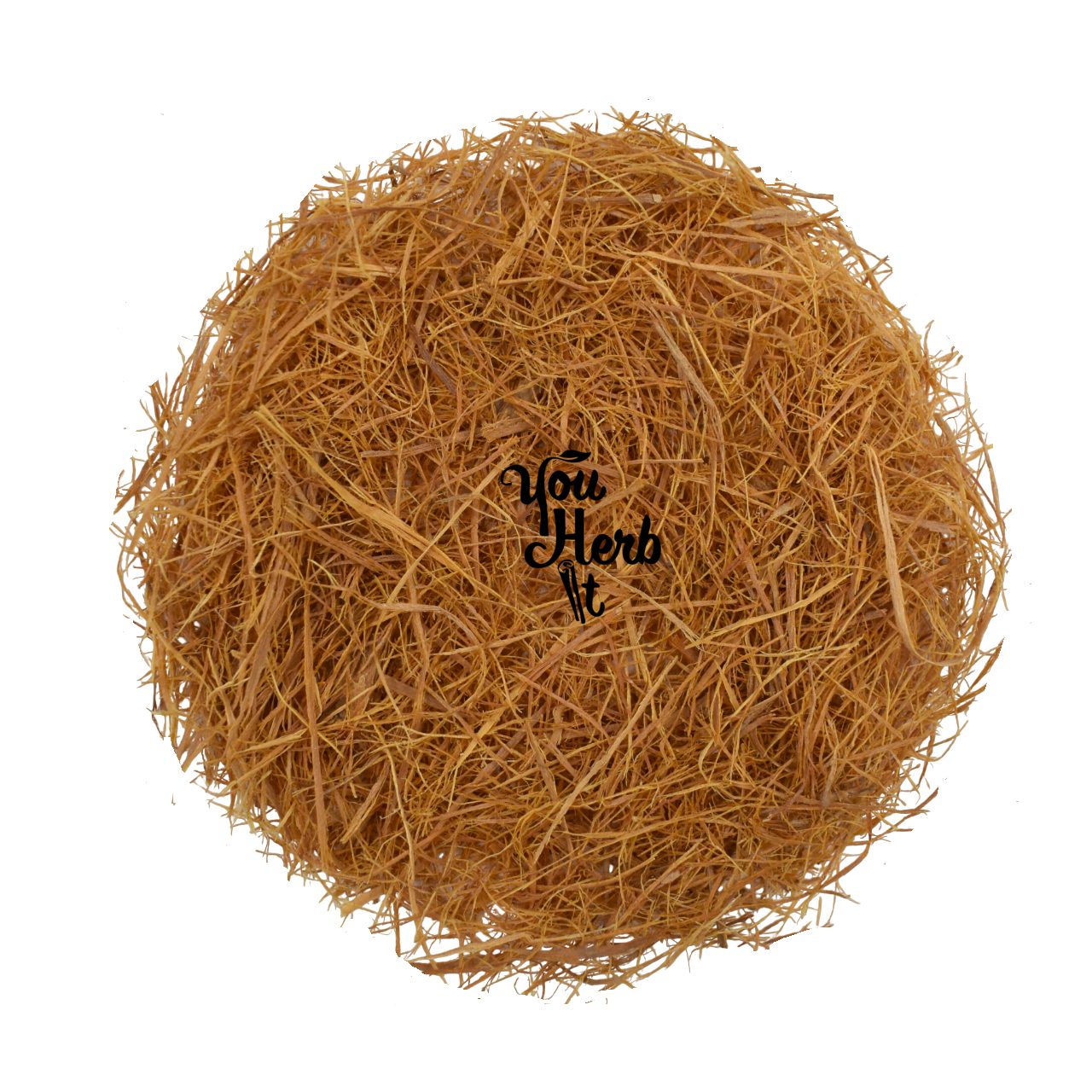
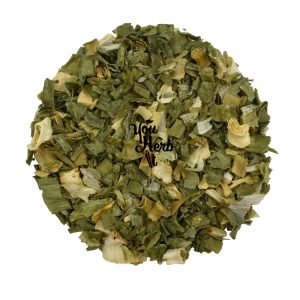
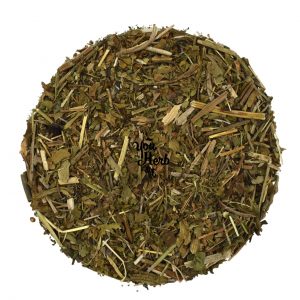
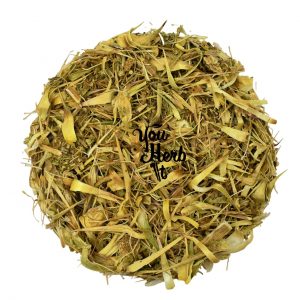
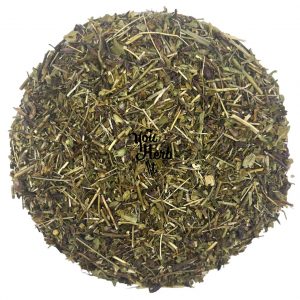
Reviews
There are no reviews yet.